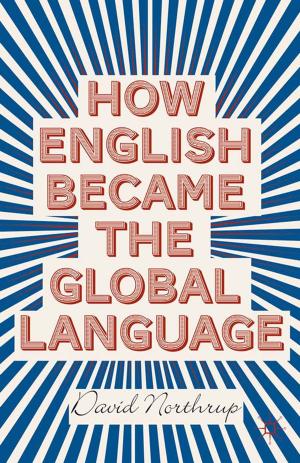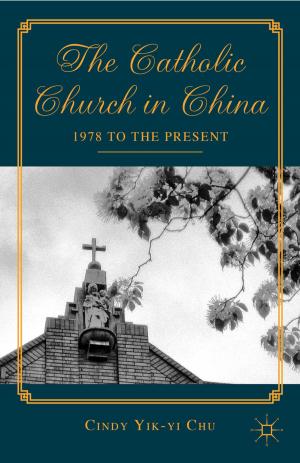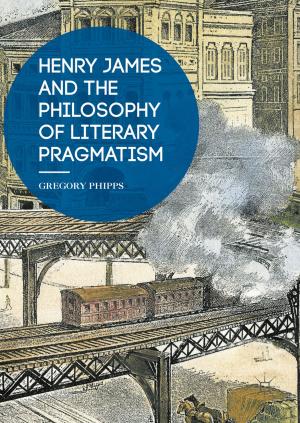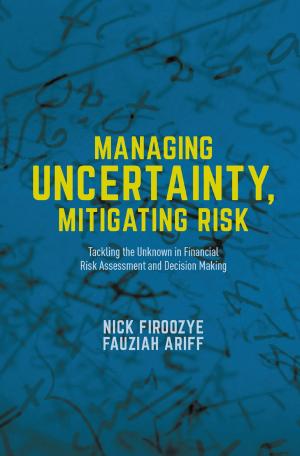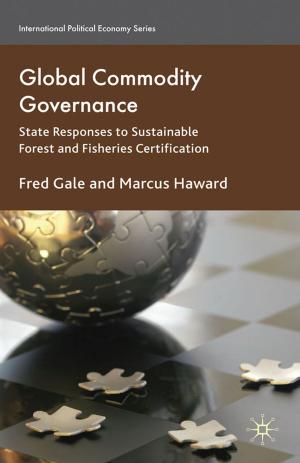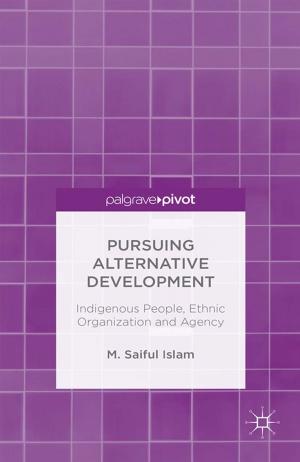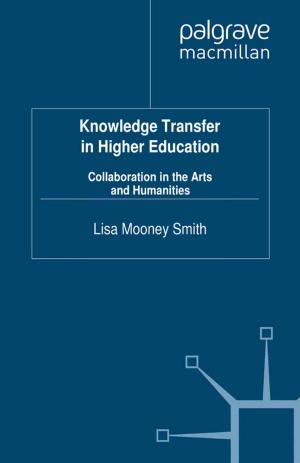Tragedy
Nonfiction, Entertainment, Performing Arts, Theatre, History & Criticism, Fiction & Literature, Literary Theory & Criticism| Author: | Dr Sarah Dewar-Watson | ISBN: | 9781137213754 |
| Publisher: | Palgrave Macmillan | Publication: | June 10, 2014 |
| Imprint: | Palgrave Macmillan | Language: | English |
| Author: | Dr Sarah Dewar-Watson |
| ISBN: | 9781137213754 |
| Publisher: | Palgrave Macmillan |
| Publication: | June 10, 2014 |
| Imprint: | Palgrave Macmillan |
| Language: | English |
Tragedy is one of the oldest and most revered forms of literature in the western world. Over the centuries, tragedy has shown a tremendous capacity to reinvent itself, often emerging at crucial moments in the evolution of cultural, political and intellectual history.
Not only is tragedy marked by its diversity, the critical literature surrounding the genre is equally diverse. This Reader's Guide offers a comprehensive introduction to the key criticism and debates on tragedy, from Aristotle through to the present day. Sarah Dewar-Watson presents the work of canonical theorists and lesser-known but, nonetheless, influential critics, bringing together a strong sense of the critical tradition and an awareness of current scholarly trends.
Stimulating and engaging, this essential resource helps students to navigate their way around the subject of tragedy and its rich critical terrain.
Tragedy is one of the oldest and most revered forms of literature in the western world. Over the centuries, tragedy has shown a tremendous capacity to reinvent itself, often emerging at crucial moments in the evolution of cultural, political and intellectual history.
Not only is tragedy marked by its diversity, the critical literature surrounding the genre is equally diverse. This Reader's Guide offers a comprehensive introduction to the key criticism and debates on tragedy, from Aristotle through to the present day. Sarah Dewar-Watson presents the work of canonical theorists and lesser-known but, nonetheless, influential critics, bringing together a strong sense of the critical tradition and an awareness of current scholarly trends.
Stimulating and engaging, this essential resource helps students to navigate their way around the subject of tragedy and its rich critical terrain.

